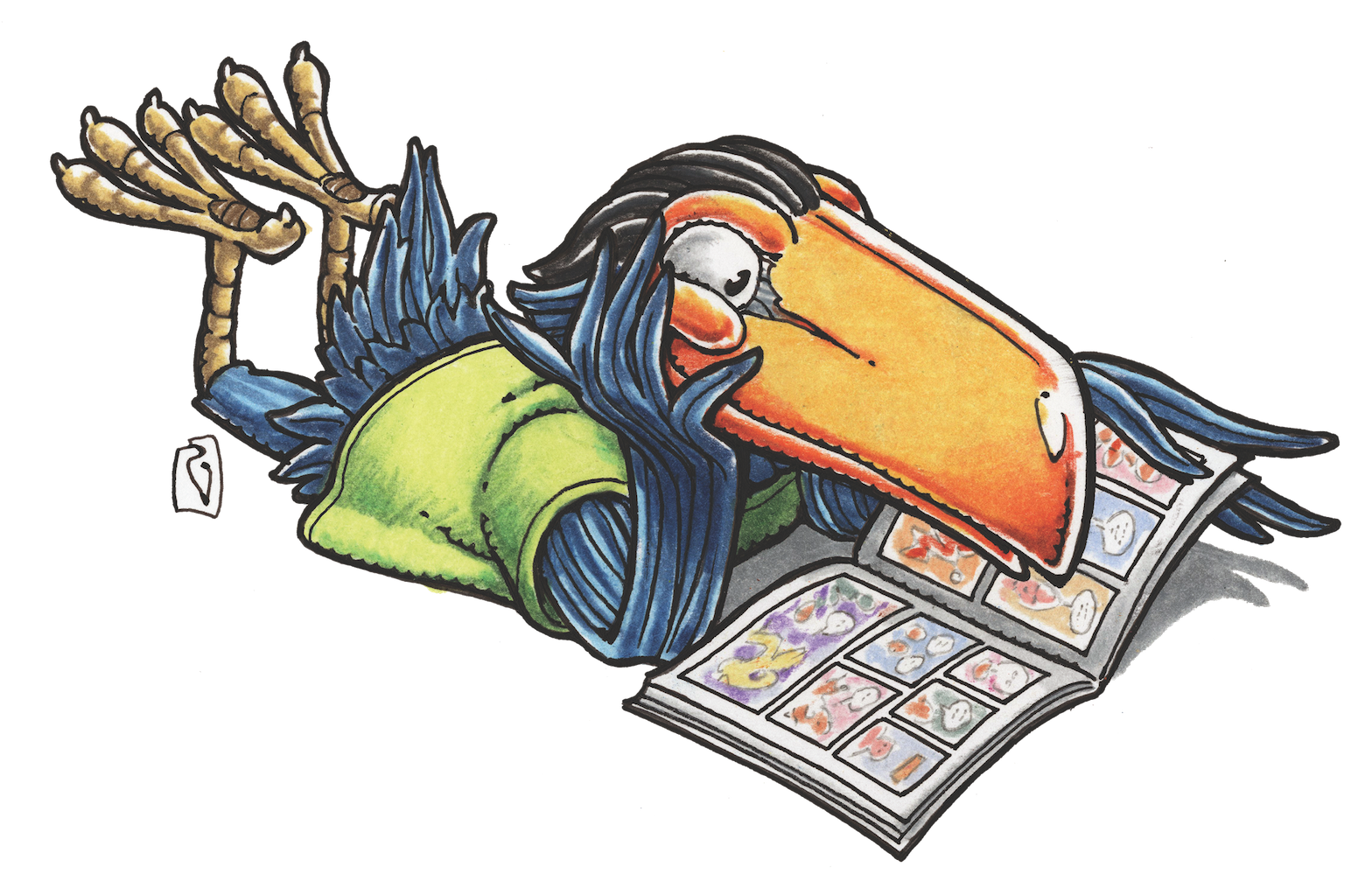MARC BERNARDIN’S DEVOURER OF WORDS
Devourer of Words 057: Challenging vs. the Unknown


I was asked a question not long ago: Of all the types of writing that I’ve done, which was the most challenging and which was the most rewarding.
I’ve written comic books, video games, movies, television, prose, reviews, interviews, memoir, essays…. Each of them have their pros and cons, of course. But for me, the most challenging—especially at the beginning—was comics.
(And I’m only talking about full script here, because that’s all I’ve ever written. The following doesn’t quite apply to “Marvel style.”)
Because it’s such a Frankenstein’s monster of a form, especially the 22-page single issue. As a writer, you’re doing the same dramatic format, which has its roots in the stage: A paragraph describing the place and the action within it, and separate blocks for dialogue. Which, in and of itself, is pretty hard. To do it well has been the pursuit of many a person for centuries.
To that, you’re adding visual storytelling. How many panels are you putting on any given page? How are you choosing to slice your actions into discrete chunks of information? Of course, in comics, you can’t write something as simple as “Billy gets out of his chair to open the door and discovers a woman with a gun standing behind it.” You could absolutely do it on the stage or the screen, but in comics, how many panels is that? One for him sitting down, another for him walking towards the door, a third with his hand on the knob, a fourth with his look of astonishment, and a fifth to reveal the woman holding the gun. Less would be elegant and jarring. More might be dense and impressionistic. But those are the kinds of choices you have to make as a comics writer that you simply don’t in any other medium.
And then there’s math. How many words can you fit in a word balloon before it’s too big and overwhelms the art? How many balloons in a panel before it’s just prose? What about captions? Comics writing is also one of economy: How few words can you use to tell the story? Can you make due with no words at all and let the art carry the day? (None of that is taking into consideration page turns and gutter utilization.)
Comics are a monster, literally.
But as much as I like the soapbox of journalism—defending points and making arguments and having conversations about the real world through the lens of popular culture—nothing feels quite as good as making something up. And in the business of telling stories to an audience, nothing is as gratifying to me as comics.
The barrier between you and the audience is gossamer thin. (Only in prose is it thinner.) There’s you the writer, the artist, the editor(s), and then the reader. That’s it. The payload you’re trying to deliver—emotional, narrative, conceptual— will get to the audience with the least amount of degradation of any narrative visual medium. In movies, there are hundreds of people who help summon a movie into existence, all of which need to see the exact same picture in their heads to deliver that message. (Which might not even be yours, since the director is the chief custodian of cinematic vision, not the writer.)
Television is better for writers, in that the boss, the showrunner, is first and foremost a writer herself. But there’s still the small army that makes a TV show for that vision to get lost in. No one sets out to make a bad anything, but bad happens easier when there are hundreds of people involved, as opposed to just five.
No, for me, comics is the juice. Because there, the experience is as its most concentrated. Plus, you get to hold a comic book in your hand. And that ain’t too damned shabby.
Marc Bernardin’s Devourer of Words appears the third Tuesday of every month here on Toucan!